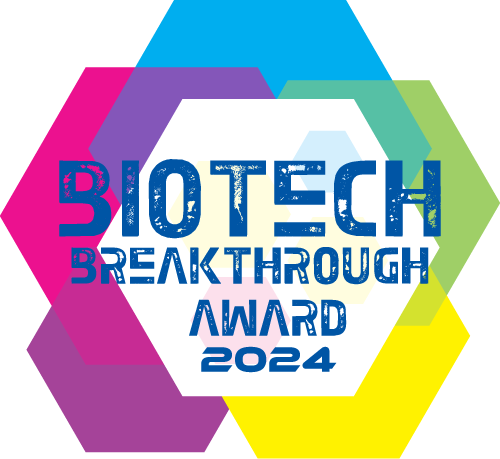Daisy Petal™ is now commercially launched and available for sale in India, Singapore, Thailand, Indonesia, Malaysia, and South Korea
News
Women in Science: ‘Stay curious, be persistent, and embrace the power of mentorship’, says Kerry Love of Sunflower Therapeutics
Kerry Love co-founded Sunflower Therapeutics, where she now serves as CEO and president. She shares her journey with BioPharmaReporter.
Women in Science: Laura Crowell on overcoming imposter syndrome
As Director of R&D at Sunflower Therapeutics, Laura Crowell works with a team developing biologic medicines and vaccines. She sits down with BioPharma-Reporter to share her journey.
Sunflower Therapeutics Closes $3M Simple Agreement for Future Equity (SAFE) with Oversubscription
Sunflower Therapeutics (Sunflower), a public benefit corporation transforming global access to protein manufacturing capacity for diverse applications, announced today the oversubscription of a $3M Simple Agreement for Future Equity (SAFE), which underscores ongoing support for the company’s commercial goals.
Sunflower Therapeutics’ Daisy Petal™ Named “Lifescience Manufacturing Solution of the Year” by BioTech Breakthrough
Recognizing Innovation in Global Life Sciences and Biotechnology HINGHAM, MA, NOVEMBER 19, 2024 ‒ At Sunflower Therapeutics, we’re on a mission to make protein production more accessible, efficient, and cost-effective, and it’s exciting to see our efforts recognized!...
Sunflower Therapeutics Announces SK bioscience’s $2M SAFE Investment
Sunflower Therapeutics, a public benefit corporation transforming global access to protein manufacturing capacity for diverse applications, today announced that SK bioscience, a global innovative vaccine and biotech company committed to promoting human health from prevention to cure, has participated in Sunflower’s simple agreement for future equity (SAFE), a flexible agreement providing future equity rights without immediate valuation, with a $2M subscription to solidify their support for the companies’ ongoing research and development R&D collaborations.
Sunflower Therapeutics Awarded $9+M
Grants from the Bill & Melinda Gates Foundation support the optimization of the Dahlia™ small-footprint protein manufacturing system and the de-risking of several protein candidates using Sunflower’s proprietary manufacturing approach.
Sunflower Therapeutics Delivers First Daisy Petal™ System as Part of Early Access Program
Sunflower Therapeutics, a public benefit corporation focused on transforming access to biologics medicines for patients worldwide, has delivered its first system for biomanufacturing, the Daisy Petal™ fermentation system.
Roivant Social Ventures Initiates Partnering Activities with Investment in Sunflower
Roivant Social Ventures (RSV), a not-for-profit social impact organization launched out of Roivant Sciences, today unveiled its executive team and announced its inaugural partnership with Sunflower Therapeutics, a biopharmaceutical company developing simplified manufacturing methods for therapeutic proteins.
Sunflower Therapeutics Awarded $8.1M Grant
Sunflower Therapeutics, a public benefit corporation focused on improving access to biologic medicines for patients worldwide, announced that it was granted a second phase of funding to support an existing award made by the Bill & Melinda Gates Foundation to further the foundation’s charitable purpose of improving global health. This award will support the development of a laboratory-scale, deployable manufacturing system and will culminate in the demonstrated production of a protein subunit for a COVID-19 vaccine candidate later this year.

